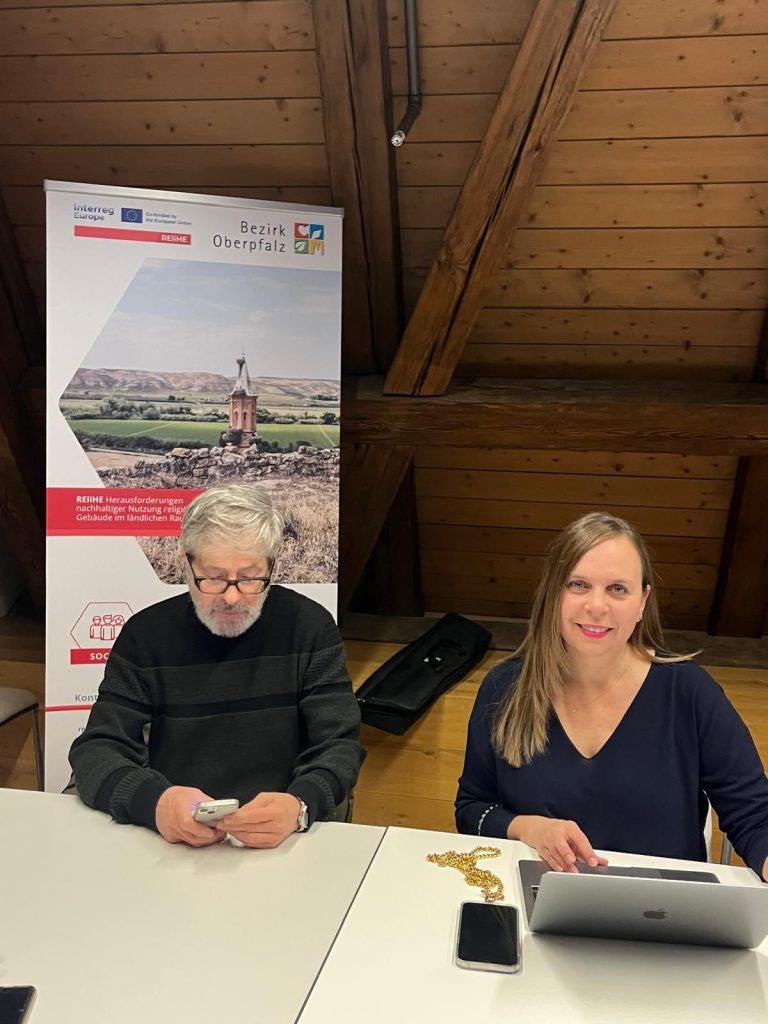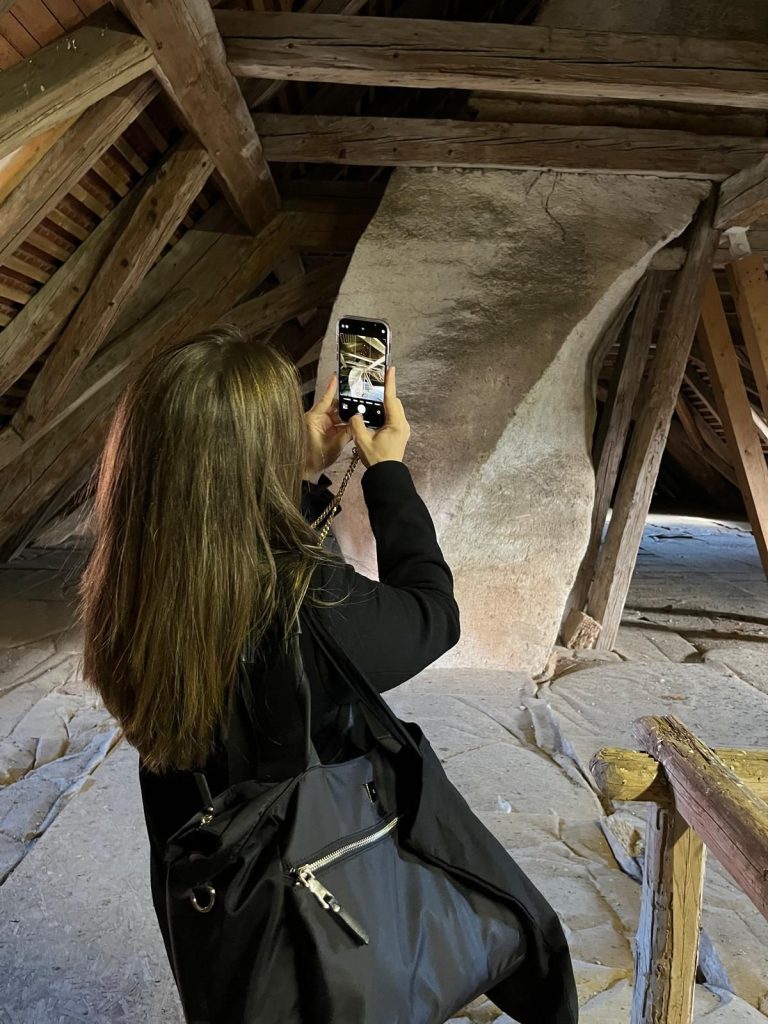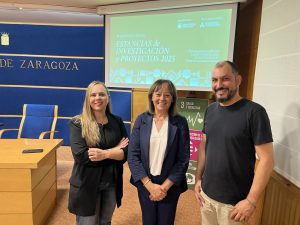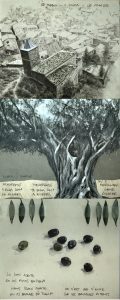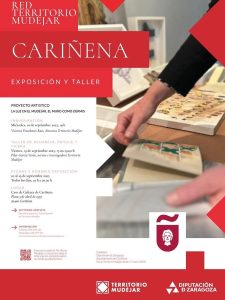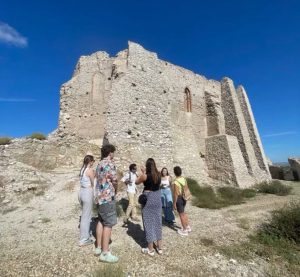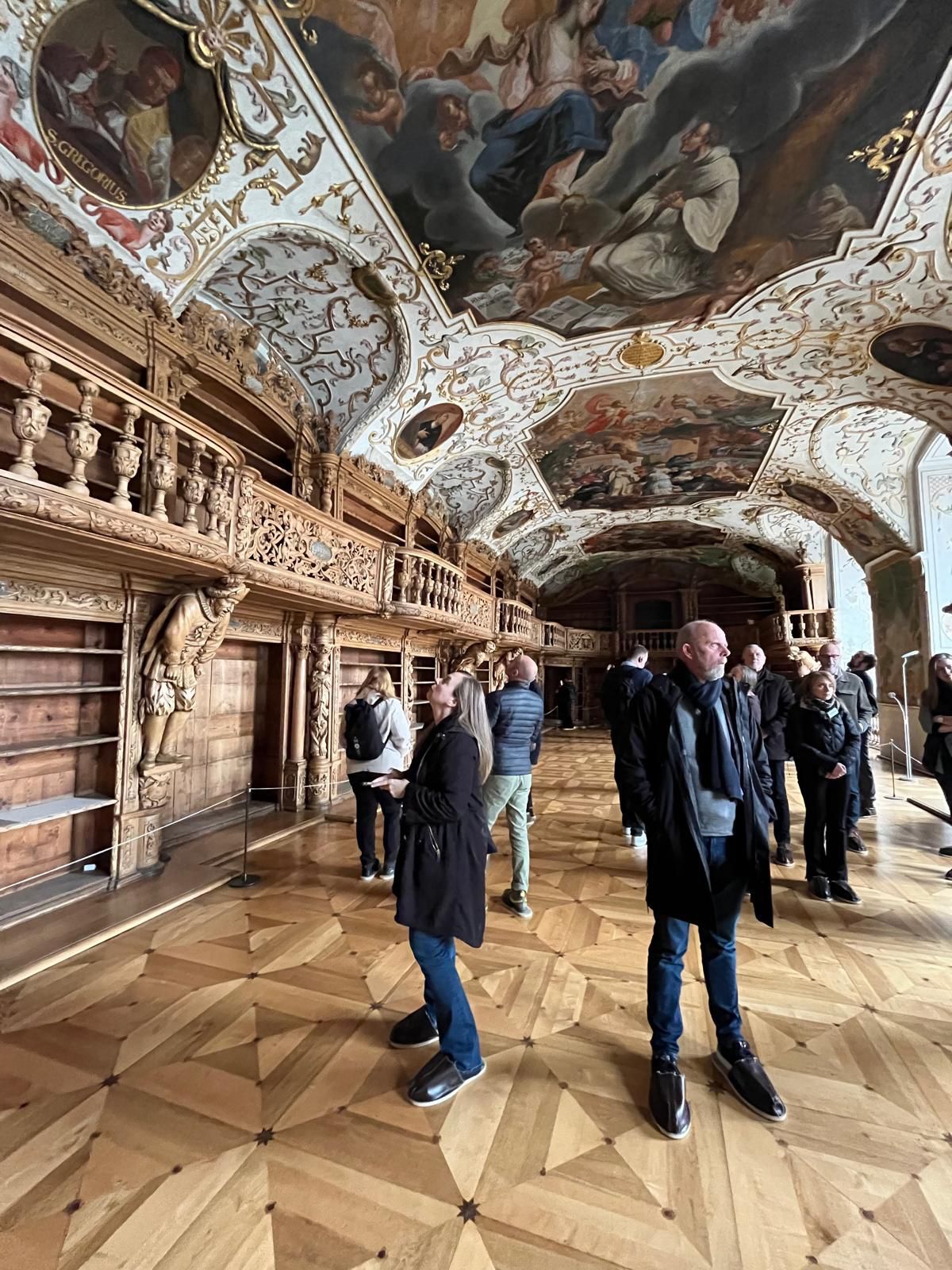
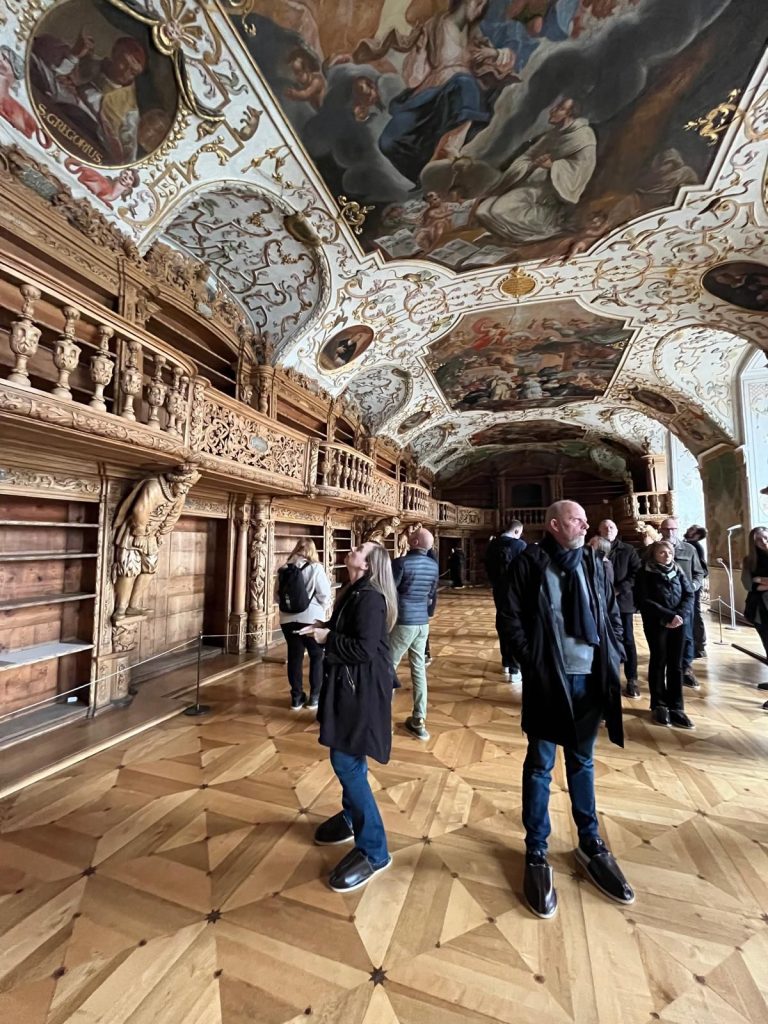
The director of Territorio Mudéjar, Victoria Trasobares, traveled to the German region of Upper Palatinate, in the state of Bavaria, to participate in a technical meeting of REliHE Interreg, the European project for religious heritage in rural areas that aims to improve regional policy instruments and promote innovative approaches to the sustainable reuse of religious heritage. All of this contributes to local development.
Territorio Mudéjar is a stakeholder in this project, led by the Polytechnic of Turin, which has the Provincial Council of Zaragoza as a partner in Spain. In addition to the province of Zaragoza, the following countries are participating: Overijssel (Netherlands), Kujawsko-Pomorskie Voivodeship (Poland), Upper Palatinate (Germany), South Bohemia (Czech Republic) and Zemgale (Latvia).
The first day began at the former Frauenzell monastery with a welcome from local representatives and REliHe project leaders. After a tour of the monument, a session was held to discuss the monastery’s past uses and potential future uses. Territorio Mudéjar is also working along these lines, understanding the heritage of its partner communities as a space open to future research and learning, as a space that is not just a container, but part of the content.
The day continued with visits to the parish churches of Maxhütte-Haidhof, to further explore the uses of heritage space.
On the second day of the technical tour, Abbess Laetitia Fech opened the doors of Waldassen Monastery to the participants, a fantastic reuse management project that has enabled its preservation. The visit continued with a tour of the Protestant church in Trabitz and the monastery of St. Josef in Neumarkt.
Before flying back, the participating team traveled from Neumarkt to the Planktessen Monastery. There, they were welcomed by Benedictine Abbot Beda, who is responsible for the monastery’s strategic management. He was accompanied by the town’s mayor, Ludwig Eisenreich, who expressed his gratitude for the specialized visit and the opportunity to develop joint projects.
With this technical visit, Territorio Mudéjar returns with a notebook full of ideas on European models for managing the use of religious heritage and how to apply them in the region to achieve a greater and more effective impact.
